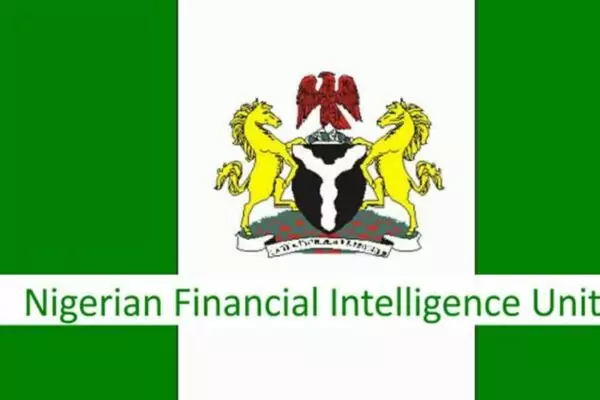|
Listen to article
|
The Nigerian Financial Intelligence Unit (NFIU) have listed crowd-funding, betting platforms and online transfers as channels through which terror organizations receive funds for their activities.
A part of a recent newsletter by NFIU’s Counter-Financing of Terrorism Department which was sighted by The Eastern Updates specifically showed how the Indigenous People of Biafra (IPOB) received funds.
It also gave an insight into how a young man from the North-central got cash believed to be ransom for a kidnapping.
The name of the 24-year-old Nigerian was not given by NFIU which said IPOB also has “a concerning financial structure such as monthly dues and services for ESN (Eastern Security Network.”
The Eastern Updates understands that ESN is IPOB’s armed wing.
The NFIU added that IPOB has affiliates made up of Nigerians in 22 countries that have registered at least 27 entities under the group’s name.
Seven of the registrations, according to the newsletter, were made in the United States(US) and six in the United Kingdom.
Read Also: Abia Lawmaker Provides Farmers 1,200 Bags Of Fertiliser
It said that over $160,000 raised by IPOB through crowd-funding was funnelled to transmission, media and broadcasting companies in Bulgaria, South Africa and the UK.
The NFIU newsletter also said “addresses and mobile numbers” of the leaders of the affiliates along with information on 53 other individuals associated with the group(IPOB) “have been forwarded to law enforcement agencies for further investigation.
It added that a betting platform simply identified as ‘XC’ filed a Suspicious Transaction Report (STR) on the 24-year Nigerian from Northcentral who is its customer.
“This 24-year-old from Nigeria’s North-Central region received over N350,000 in his betting wallet, believed to be ransom money from a kidnapping,” the NFIU said.
Another case, said the financial intelligence unit, exposed a terrorist attempting to evade detection.
It added that the individual made structured cash withdrawals from different Automated Teller Machines (ATMs) and purchased flight tickets to high-risk areas using credit cards.
The NFIU explained that whenever the individual exceeded his withdrawal limit, he would adopt alternative methods of travel.
“The terrorist then attempted suspicious transfers exceeding €1,000 to a local charity with potential links to terrorism. These transactions, along with others for luxury goods and escort services, raised red flags” the neletter stated
The NFIU urged law enforcement agencies to investigate transactions by individuals linked to known terrorists or financiers; unauthorised tax collection or forced donations in terrorism-prone areas and Bureau de Change operators facilitating transfers within suspected networks.
Other areas the unit wants security agencies to beam their searchlights are multiple cash deposits in bank accounts; Point of Sale (POS) operators receiving large deposits followed by cash withdrawals; money transfers from Nigeria to high-risk countries; recruitment of individuals to open multiple bank accounts; and financial transfers to charities linked to terrorism.
























